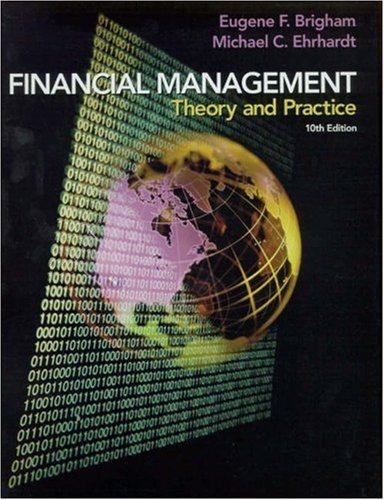Course: COM 320 Small Group Communication Rationale: The purpose of this paper is to answer the following question: Using concepts from your textbook as your guide, how did YOUR contributions help or hinder your group's performance in the past? Tasks: 1. Use ONE small group concept discussed in chapters 1 and 3 to evaluate your performance within a group you worked with in the past. This is an opportunity for you to reflect on your ability to use small group communication concepts. 2. Describe in detail what happened during your meetings - real and virtual. Pick TWO situations in which you did or did not apply a concept that was covered in class. Include examples from your group interactions to support your views 3. Evaluate your behavior according to criteria imbedded in the concepts from the textbook and class discussions, Guidelines: 1. Write a five-paragraph, in-text citations and a list of references. 2. Use at least two sources - your textbook and one scholarly source. Wikipedia is unacceptable. Textbook/material required: Communicating in Small Groups: Principles and Practices, Edition 10 Steven A. Beebe & John T. Masterson 2014 Pearson Introduction: Attention grabber, background information to the two situations you experienced, reasons why you chose to write about these experiences, Thesis Statement, that is, what the content of the next three/body paragraphs will be about. Body One: Discuss the theory/concept you chose to write about. Explain it in detail and give examples. Refer to research to explain the theory/concept. Use APA for the in-text citations. Body Two: Analyze your experience in both situations and use the theory in the textbook to explain your behavior and group communication skills. Body Three: Evaluate your contribution to the group. How satisfied were you with the performance of your group? What did you learn about yourself as a result of being a part of a group? Explain in detail and give examples. Conclusion: Summarize the body paragraphs. Repeat the most important ideas. End with a creative, interesting closing thought. Course: COM 320 Small Group Communication Rationale: The purpose of this paper is to answer the following question: Using concepts from your textbook as your guide, how did YOUR contributions help or hinder your group's performance in the past? Tasks: 1. Use ONE small group concept discussed in chapters 1 and 3 to evaluate your performance within a group you worked with in the past. This is an opportunity for you to reflect on your ability to use small group communication concepts. 2. Describe in detail what happened during your meetings - real and virtual. Pick TWO situations in which you did or did not apply a concept that was covered in class. Include examples from your group interactions to support your views 3. Evaluate your behavior according to criteria imbedded in the concepts from the textbook and class discussions, Guidelines: 1. Write a five-paragraph, in-text citations and a list of references. 2. Use at least two sources - your textbook and one scholarly source. Wikipedia is unacceptable. Textbook/material required: Communicating in Small Groups: Principles and Practices, Edition 10 Steven A. Beebe & John T. Masterson 2014 Pearson Introduction: Attention grabber, background information to the two situations you experienced, reasons why you chose to write about these experiences, Thesis Statement, that is, what the content of the next three/body paragraphs will be about. Body One: Discuss the theory/concept you chose to write about. Explain it in detail and give examples. Refer to research to explain the theory/concept. Use APA for the in-text citations. Body Two: Analyze your experience in both situations and use the theory in the textbook to explain your behavior and group communication skills. Body Three: Evaluate your contribution to the group. How satisfied were you with the performance of your group? What did you learn about yourself as a result of being a part of a group? Explain in detail and give examples. Conclusion: Summarize the body paragraphs. Repeat the most important ideas. End with a creative, interesting closing thought







